|
Welcome to another edition of my overlong year in review list, chronicling the films which stood out to me this year. For the second year in a row I'm releasing this list before the year is officially over (go me), so keep in mind that there are quite a few films *cough* Phantom Thread *cough* that I have yet to see. As a reminder, I don't believe in separating non-fiction from fiction filmmaking, as in my eyes both are made subjectively with the great ones still striving for some form of thematic impact. As a reminder, I despise the need in our culture to rank art and file cinema in an easily disposable fashion. The order of these films is relatively inconsequential, adhering more to personal preference than anything else, so just understand that they are all strong examples of filmmaking I truly appreciated in 2017. Per usual, my apologies for the run-on sentences and elaborate grammatical errors! My Favorite Films Of The Year Faces Places - Agnes Varda An unlikely friendship between Director Agnes Varda and photographer/muralist JR sparks this one-of-a-kind film, a travelogue of sorts which follows these two artists through the countryside of rural France, documenting the people they meet along the way. Playful and endearing, due in large part to Anges Varda's charm and empathetic soul, Faces and Places begins as a documentation and celebration of the eclectic people they meet along the way, slowly divulging into a existential meditation on friendship, art, and life itself, with the filmmaker herself, and her genuine kindness, serving as a powerful reminder of the need for more empathy in this world. Destruction Babies - Mariko Tetsuya Tetsuya Mariko's Destruction Babies is a brutal deconstruction of masculinity, violence, and Japanese culture, a beguiling film that doesn't provide any concrete assertions, opting instead to simply present brutality in its most raw, stripped down form, forcing the viewer to experience violence through the perspective of a man who is more akin to a rabid animal than any form of human-being with a moral compass. While ambiguous in nature, power and authority are definitely central themes throughout Destruction Babies, a film which reflects on the seductive qualities of violence, a toxic masculine-soaked Japanese culture which rewards toughness which often leads to neglect, while also delivering a pointed critique of the digital age. All these various explorations are assertions related to power, authority, and control, decomstrating how they fuel a greater detachment and loss of morality in a society where the 24 hour news cycle and social media empower wrongdoers through their elevated statues. While Destructive Babies doesn't present modern day Japanese youth in the positive light, the film wisely examines how this is just as much a problem of the older generations, recognizing that societies' problems, even if new, are always shared by those of all generations. Nothing is clearly defined throughout this beguiling and difficult experience, and much is up to interpretation in this brutal film, but what Tetsuya Mariko's Destruction Babies has clearly managed is an observational and confrontational study of violence and masculinity-fueled aggression that forces the viewer to experience an up-close and personal account of brutality in its most raw and unfiltered form. Violet - Bas Devos Meditative, atmospheric, and transcendent in its exploration of loss, Bas Devos' Violet is a striking cinematic achievement which places its emphasis on mood and emotion, far more interested in evoking the trauma experienced by its main protagonist than adhering to narrative and structural norms of cinematic storytelling. Violet is emotionally vibrant and piercing, an exploration of loss which aims to trigger a visceral response from the viewer, one rooted more in desire for emotional than intellectual response. A Skin So Soft - Denis Cote An exquisitely crafted documentary offering an intricate look into the world of body building, Denis Cote's intoxicating documentary focuses on the human element, accentuating the artistry of his subjects as they work to perfect their craft. Like any great documentary, Denis Cote's A Skin So Soft crafts a story in examination of its subjects, bringing zero judgement or preconceived notions to these men who sacrifice a lot for external platitudes. Featuring an observant lens which in awe of its various subjects, A Skin So Soft exudes a sense of wonderment about the human form, with the director's appreciation for these men's commitment being felt in every frame, showcasing the sacrifices these individual make internally and externally. There is an aura of shared humanism and individualism in how Cote documents his subjects, showcasing both their shared experiences, such as the strain it puts on those they care about, while also focusing on their individual struggles, singular to each of them in their shared pursuit of physical perfection. The Wound - John Trengove Through its powerful tale of repressed sexuality, John Trengove's The Wound is a startling examination of the rigidity of collectivist thought, detailing how socially accepted norms often oppress or at least restrict the individual. Telling the story of Xolani, a factory worker and closet homosexual, who travels to the rural mountains with men of his community to perform their culture's initiation of teenage boys into manhood, The Wound is a startling tale of repression which beautifully juxtaposes societal expectations against the wants and desires of the individual, detailing how unseen violence from within can inevitably lead to tragedy and death. The Son of Joseph - Eugene Green A profound story of morality told in an utterly creative and resonant way, Eugene Green's The Son of Joseph is soul-affirming in its ability to exhibit the importance of kindness and love in a world in which we as individuals seem to be growing farther and farther detached from one and other. The importance of family and paternity, specifically the guidance which is needed to shape young minds, is captured in vivid detail throughout Green's latest masterwork, with Joseph providing some semblance of structure to young Vincent, while still allowing him to find himself and his own personal liberty. Green's film is so rich and layered that I couldn't even pretend to touch on all the various themes and ideas which it navigates, but simply put, this film is able to capture what it means to be alive, a story drenched in hope, which captures the exuberance and possibility that awaits all individuals who wish to see life itself as a beautiful gift. A playful, optimistic triage of family, faith, and morality, Eugene Green's The Son of Joseph is just the latest reminder that Green is one of the most impressive filmmakers working today, a rich, endlessly layered, soul-affirming piece of art that his hopeful and optimistic about the human condition, understanding that empathy and morality are the key to a life of happiness, fulfillment, and enlightenment. Princess Cyd - Stephen Cone An astute piece of filmmaking which manages to transverse the coming-of-age storyline through its highly compelling characterizations and thematic assertions, Stephen Cone's Princess Cyd is a story about personal introspection and external companionship, detailing the evolving relationship between Aunt and Niece, two characters, who couldn't be more different, brought together by shared trauma and their own personal quest for fulfillment in life. Columbus - Kogonada Kogonada's Columbus is a beautiful film. one about balance and symmetry, both figuratively and literally, a meticulously crafted piece of art thats technical prowess is only matched by its meditative evocation about the existential search for identity. With Columbus, Kogonada has crafted a stunning work of art, a film in which every composition feels meticulously designed, with heavy use of symmetrical framing that symbolically represents the film's thematic assertions about the need for balance and symmetry in life. The use of empty space throughout the film evokes the underlying emptiness each of these characters are struggling with visually, as both Jin and Casey struggle internally with finding the right balance between their personal aspirations and their social obligations. While this convergence of souls could easily have felt cheap or simplistic, Kogonada unfolds naturally, striking a good balance between philosophical and emotional resonance.In the end, Kogonada is a story about the absolutely necessity for balance and/or symmetry in life, telling the story of two characters who both have struggled to strike the right balance, each unable to find their sense of independence, which in turn has restricted them from finding solace, structure, and belief in themselves. Kékszakállú - Gastón Solnicki Gastón Solnicki's Kékszakállú is rooted more in feeling than thought, showing an unwillingness to adhere to the rules of traditional linear structure, painting a transfixing portrait of a generational inerita, alienation, and spiritual and economic malaise, detailing the internal struggles of several privileged young woman, who find themselves increasingly extricated from the support of familial privilege, unable to find their own sense of identity in this quickly changing world they inhabit. The confliction between industrial design and nature's design expressed through the visual aesthetic of Solnicki's film strengthens its character's opaquely defined internal struggles, with the symmetrical, carefully designed man-made structures symbolizing the systematic yet oppressive nature of these woman's privledged lives, one where expectations are set, and one's own search for personal identity feels masked by the familial expectations which come with such privileged environments. The restrictive nature which economic class can have on the individual is thoroughly captured through the detachment shown by these various young woman, individuals who are quietly trapped in their privileged environments, places where societal expectations restrict individualistic freedom, conflicting with their own personal and spiritual path to personal enlightenment. A challenging piece of filmmaking which relies heavily on visual aesthetic to create its thematic assertions, Gastón Solnicki's Kékszakállú is a transfixing examination of youth, one which is grandiose yet intimate in its ability to capture the feelings of detachment, longing, and general malaise, that comes with one's search for truth and personal identity. Milla - Valerie Massadian An intricate character study which is expansive yet intimate in scope, Valerie Massadian's Milla is a soulful meditation on life and death, remembrance and fortitude, and the precious, fleeting nature of life itself. Though the film deals with complex and weighty issues, focusing on a soon-to-be mother whom is forced into a place of emotional solitude and isolation after the untimely death of her companion, Massadian"s Milla manages to subvert expectations, tonally remaining grounded in a state of promise and hope. The film is assertive in it's convictions that in spite of all the sorrow and turmoil this young woman has experienced things will work out due to her fortitude, with the film managing to be genuine, emotionally poignant, heartfelt yet hopeful, injecting moments of levity into a somber narrative which covers the whole range of human emotion. Hermia & Helena - Matias Pinerio Matias Pineiro's Hermia & Helena is subtle yet rich, a beautifully constructed film about dead ends and new beginnings, capturing the idyllic uncertainties and decisions which sculpt life itself. The way Hermia & Helena unravels, through its oscillating structure and light tone, Pineiro has delivered a film which manages to be breezy yet introspective, full of universal truths and emotional honesty, which beautifully exhibits the inner workings of a character who feels stuck between two worlds, full of uncertainty, yet driven by the promise and endless possibilities which are presented for her to explore. Dawson City: Frozen Time - Bill Morrison Bill Morrison's documentary is an ode to the transitive properties of cinema, detailing its ability to document and preserve a certain timelessness, with Dawson City: Frozen Time detailing an intricate historical deconstruction of the small town of Dawson City, a beacon of the Yukon which boomed during the gold rush of the late 1890s, only to fall into obscurity when the gold had been excavated. Morrison's film mixes various forms of visual media together in concise and transfixing ways, but overall use of music takes the film to another level, becoming a meditative, tranquil experience as the viewer surveys the history of this small town through the lens of the birth of cinema. While some less adventurous viewers may find Dawson City: Frozen Time too academic for their liking, Bill Morrison's film maintains relatively accessible, with his passion for the history and transitive qualities of cinema shining through in every frame of this film. Foxtrot - Samuel Maoz An ambitiously designed story about psychological effects which grief, loss, and personal trauma can place on the human psyche, Foxtrot transcends its emotional core, delivering a piercing anti-war/anti-statist message which cuts deep. From the opening frame, Foxtrot appears to be a rather traditional narrative about grief, loss, and internal trauma, centered around the loss of a loved one, yet the film subverts expectations with its complex structure and thematic assertions centered around the perpetual nature of war and the toll nation states place on the individual. Drawing parallels between a father and son, both of which find themselves emotional damaged due to the inhuman nature of military conflict, Foxtrot is a powerful deconstruction of dehumanizing effect which nations can have on the psyche of its citizens, showcasing the subtle sense of ownership which the Israeli military places on those whom serve. Throughout its narrative, Foxtrot reveals the destructive nature this trauma has on these two individuals, in particularly the father, drawing parallels between these two individuals, showcasing how they both were deeply damaged due to serving their country. The craft of the film mirrors the film's ambiguous story design, using an astute style which exudes the feelings of isolation and internal longing, with cinematography and use of mise-en-scene which is visceral in nature, yet never overly stylized, showcasing the cold, dehumanizing nature which death, grief, and loss has on the human psyche. A tragic story of a father's own internal trauma inevitably leading to the destruction of something he deeply loves, Foxtrot is a powerful examination of the oppression which the state places on the individual, whom are often left to suffer and the pay the cost for its collective mistakes. Le Parc - Damien Manivel Le Parc is a near masterclass in the economics of filmmaking, a seemingly simplistic story which taps into the profound effect emotion can have on the overall psyche of an individual, delivering a dreamlike fable full of introspection and fascinating insights throughout this simple story of boy meets girl. Through this impressionistic fable, Damien Manivel exhibits how fleeting life's truly joyous moments can be due to our emotional complexities, demonstrating the relativity of emotion in time and space, and how the weight of emotion, rather positive or negative, impacts our perceptions of time. A dreamlike experience, Damien Manivel's Le Parc is a minimalist exploration of love, companionship, and human emotion, a film that through a simple date in the park, which starts out promising but ends poorly, manages to tap into they dynamic nature of emotion, and how its relativity to circumstance often shapes the world in how we experience it. The Wounded Angel - Emir Baigazin A harrowing epitaph of post-soviet Kazakhstan, Emir Baigazan's The Wounded Angel is a haunting examination of the social disintegration which took place in the beginning of the 1990s, when the region faced a massive transition, which led to emotional and economical turmoil among its inhabitants, most notably having a devastating effect on the youth of the region. Told in four interconnected stories, all of which focus on the exploits of 13-year-old boys, The Wounded Angel details the grim reality which follows these young men as they transition to adulthood, each confronted with moral and ethical dilemmas which shape their lives and leave them deeply damaged and forever changed as they transition to adulthood. Featuring no musical score, little dialogue, and a relatively plotless, ensemble structure, Emir Baigazan's The Wounded Angel presents a stark portrait of childhood in post-soviet Kazakhstan, one that feels autobiographical in nature, due to its ability to evoke the feeling in which insurmountable struggle is an intrinsic quality of day-to-day life, where hope and promise are merely a romanticized dream. Mrs. Fang - Wang Bing A haunting experience, Wang Bing's Mrs. Wang is a documentary which stares deeply into the existential abyss. A merciless film detailing Fang Xiu Ying, a sixty-seven year old whom is suffering from Alzheimer's disease, Bing's latest documentary is an unintrusive, observational study which is as life-affirming as it's soul-crushing, exhibiting how fleeting life truly is, and the unflinching, nature of existence itself. Bing's lens is unsentimental and provocative in its ability to gaze dispassionately into the glazed eyes of this dying woman, a challenging experience for the viewer but one that pushes us into a contemplative, existential state, as we, the viewer, attempt to grapple with what we've just experienced. Eschewing a one-note dire, stoic experience by not only documenting Mrs. Fang, but also her family, neighbors, and friends, Wang Bing's film feels expansive yet intimate, exhibiting not only the impending death which enshrouds this town, but also the lives whom continue to live and hope for the best. Wang Bing's Mrs. Fang gives more than ample time to the environment in which these characters inhabit, what appears to be primarily a fishing village, juxtaposing the tranquil place with that of the small, quiet approach of death. Raw in its emotion, yet transcendent in its ability to document life and death, Wang Bing's Mrs. Fang is another stellar documentary from the Chinese filmmaker, which manages to challenge both emotionally and intellectually. Loveless - Andrey Zvyagintsev A poignant study of the coercive effects which selfishness, lovelessness, and detachment can have on humanities sense of morality, Andrey Zvyagintsav's latest film uses an intimate portrait of a quickly deteriorating marriage to make far reaching assertions about contemporary life, one in which our growing detachment from one-and-other has led to a general loss of empathy among society. A story of two parents hatred for each other and the destructive effect which it brings to their young, neglected son, Zvyagintsav's juxtaposes this family story with that of the global political climate, one in which our detachment from others breeds neglect, which often leads to atrocities being met with little action due to such detachment. Impeccibly crafted with a visual aesthetic which exudes a foreboding sense of dread and despair, Loveless is another stunning artistic achievement by Zvyagintsav, which is relfective and poignant in it's harrowing deconstruction of the coldness of modern society. I, Tonya - Craig Gillespie An uproarious pitch-black comedy with bite, Craig Gillespie's I, Tonya is a confrontational examination of modern society and culture, questioning our collective consciousness' judgemental nature, and the destruction it can bring to those underneath the microscope. Structurally playful, yet thematically assured, I Tonya skewers this ideal of objective truth in modern society, recognizing that humankind itself may be incapable of objectivity, when so much of the world is viewed through our own prism which is unquestionably distorted by our own personal truths. Featuring a compelling lead performance by Margot Robbie which perfectly balances the outlandish with piercing moments of emotional resonance, Craig Gillespie's I, Tonya is confrontational deconstruction of the toxic and perpetual nature of this relationship between mankind's inability to be judgment free and a 24 news cycle which feeds off it. Rat Film - Theo Anthony Theo Anthony's Rat Film is a revelatory documentary, a film which uses Baltimore's most prevalent rodent, the Rat, to detail the troubled past of Baltimore, a city thats government institutions were primarily responsible for not only the white flight to the suburbs, but also the oppression of the black community through coercive financial methods administered by the cities government officials. Examining the history of the rat in Baltimore, the people who live with them, the people who share an affinity for them, and the people who kill them for a living, Rat Film is an experimental-type documentary which juxtaposes the history of the rats in Baltimore with the history of segregation itself, telling a convincing narrative which draws parallels between rats and people, while simultaneous capturing how scientific method and government coercion fueled the troubles of my hometown. Rat Film brilliantly capturing the long-reaching effects which racist government coercion has had on the city and its people, detailing how such things have long lasting effects on the culture and lexicon of a community, which still remains relatively segregated to this day, due to wrongdoing in the past. The Square - Ruben Ostlund Featuring flashes of absurdity in its satirical take down of contemporary art, The Square is a thematically complex and beguiling experience which attempts to comprehend the fractured state of the world. This is the type of film which welcomes a plethora of interpretations, due to carrying a tone and structure that is abnormal to the average viewer, uninterested in adhering to typical expectations of the satire about art. The Square focuses on the further detachment created by modernity, asserting that the artificial sense of connection we've created is merely a deception, with society growing more and more prone to only inhabit their space, with the fractured nature of society making individuals untrustworthy and less empathetic to anone outside their own space. Poignant in its deconstruction of the complexities of our times, The Square is a reflection on the state of the world and civilization in the 21st century, recognizing that much of the hostility and detachment of humanity is fueled by power structures of ideology and authority. A biting satire that is comedic yet poignant, The Square is a plea for more empathy in modern times, acknowledging the complexities and overall difficulties associated with making changes to the aspects of modern society which it critiques. I Called Him Morgan - Kasper Collins Kasper Collin's I Called Him Morgan is a film about the importance of forgiveness, an ode to empathy, a transfixing documentary that doesn't settle for the simple answers to a complex story, understanding that much of life is far more complex than the simple conclusions many draw in life for the sake of simplicity. Deconstructing the story of celebrated jazz musician Lee Morgan, who was shot dead by his common-law wife Helen during a gig in New York City on a cold and stormy night, Kasper Collin's film takes an investigative lens to this complex relationship, showing no judgement about the end results per se, only attempting to understand how things could have gone so wrong. I Called Him Morgan is a love letter to not just celebrated jazz musician Lee Morgan but also Helen, a film which beautifully manages to juxtapose each of their intertwined lives in a way that captures a perilous, yet exuberant relationship, one which was constantly strained by the outside temptations of drug culture and a time in American history in which African Americans felt extreme pressure to assimilate to the mainstream white culture of America. Emotionally heavy, utterly fascinating, and extremely mature, Kasper Collin's I Called Him Morgan is a powerful documentary about two utterly unique personalities and the love they shared, detailing how their common bonds centered around music brought them together while displaying the tragic circumstances that ultimately tore them apart. All These Sleepless Nights - Michael Marczak The coming-of-age motif is one of the most common stories throughout the landscape of cinema, with its overabundance at times making many modern offerings feel trite or inconsequential due to their inability to break from the mold. With All These Sleepless Nights, Michal Marczack has created an utterly singular coming of age story which encapsulates the atmosphere and mood necessary, exhibiting the transitional life blood of adolescence where limitless possibilities and mindless exuberance come face-to-face with the responsibility and uncertainty of adulthood. While All These Sleepless Nights is an evocative and intense portrait of hedonism, it's an extremely introspective study of the human experience through the lens of adolescence, providing a window into the time in one's life where self-indulgence crosses paths and comes to a head with personal growth and self discovery. Mimosas - Oliver Laxe Enigmatic in its elliptical nature in which plotting is nothing more than a tease or deflection from the film's deeper thematic intentions, Oliver Laxe's Mimosas' is a self-described "religious western" which follows a caravan of men, lead by a dying Sheikh, venturing across the dangerous terrains of the Atlas mountains. Meditative in approach, Mimosas is a study of faith, and the constant conflict between our higher powers and our primal, basic instincts, detailing how the invocations of man, due to hubris or fear, often are a result of not having enough faith. Wide-angle cinematography routinely juxtaposes the vastness of these landscapes against the characters of this story, visually encapsulating the scale of life itself in the face of humanity, using a visual aesthetic that elicits the same feelings of isolation and fear which the pressures of life can place on one's spiritual journey in life. While there is no denying that Mimosas is a tad tepid in its pacing, Oliver Laxe has created a singular, quietly meditative study about faith. Beach Rats - Eliza Hittman Beach Rats is an impressionistic exploration of identity and personal desire, a film which manages to detail in Frankie a character who struggles desperately to figure out exactly who he wants to be be, constantly in state of unrest, confusion, and longing, unable to cut through the clutter of both personal tragedy and social pressures and define who he is as an individual. Unsentimental and frank in its assertions about the importance of self-identity as it relates to overall mental health and self-worth, Eliza Hittman's Beach Rats narrative features a more general, familiar approach than her previous effort, yet this doesn't stop the film from being another powerful evocation about burgeoning teenage sexuality and the confusion it can cause in the psyche of those who are simply trying to define themselves as individuals. AntiPorno - Sion Sono A bombastic, surrealist evisceration of Japan's socially conservative culture, Sion Sono's Antiporno sets its sights on the double standards and restrictive nature placed on woman in Japanese society. Adhering to no true narrative structure, and routinely subverting any form of expectations throughout, the iconoclastic filmmaker paints an expressive portrait of female oppression and objectivity, doing so in a way in which Sion Sono only could. The main character Kyoto is a surrogate for Japanese woman as a whole, with her internal turmoil centered around sexual repression and double standards presenting an existential threat, one in which personal identity is a fleeting concept when personal freedom isn't allowed. She is a character whom is effectively manic from start-to-finish of this film, a psychologically traumatized character whom is a symbolic and existential representation of the woman in Japanese society. Hilariously depraved, hyper-stylized, yet socially relevant and assured in its evisceration of female oppression and servitude in Japanese society, Sion Sono delivers another mind meddling experience which eschews traditional storytelling principles. Red Trees - Marina Willer Melancholic and reflective, Marina Willer's Red Trees uses an intimate and intricate expose of the filmmaker's own father's persecution under the Nazi regime to highlight the utter puerility of nationalism. Through a deeply personal lens, Willer transverses the typical holocaust documentary, delivering a powerful ode that resonates today. Deeply humanizing, Red Trees is a plea to the intrinsic qualities of our shared humanity, recognizing that humanity's acceptance towards experiencing different and diverse cultures is a fundamental need for peace. prosperity and happiness. Sollers Point - Matthew Porterfield A pensive character study about Keith, a young man whom was recently released from prison after serving time for drug-related crimes, Matthew Porterfield's Sollers Point is an honest and raw examination of the trials and tribulations of rehabilitation. Detailing a character in Keith who struggles to reconcile the various allegiances he's formed over the years, many of which are in conflict with one and other, Soller's Point examines the struggles of this man to take responsibility for his actions, as he attempts to piece his life back together. Void of didactic devices, Soller's Point unfolds organically, being a film which poignantly deconstructs the struggles of rehabilation honestly. Never making excuses for this angst-ridden character whom places blame on others for his own inability to accept responsibility, Sollers Point is a mature work which exposes both sides of this complex issue through this study of it's flawed protagonist, showcasing the need for a strong foundation both internally and externally when it comes to meaningful rehabilitation of oneself. Harmonium - Koji Fukada One of the most well-constructed narratives of the year, Harmonium exhibits the isolation and solitude evident in everyday life which many of us take for granted, deconstructing how marriage, maternal and paternal relationships with children, and friendships can often be void of true emotional commitment, empathy, and sacrifice, with personal obligation alone, due to these defined structures and expectations that lie within, never being solely enough. Fukada's Harmonium is a startling and bleak reminder that these societal defined definitions- father, daughter, friend, husband, wife, are not merely enough if they aren't continuously instilled with the same vigor for connection and empathy as they were during formation, with the film providing a beautiful yet bleak deconstruction of how people can become isolated emotionally despite having an abundance of people around them physically. The Departure - Lana Wilson A deeply humanistic study of suicide and depression, The Departure tackles this difficult subject through an existential, almost anthropological lens, exemplifying that the only true way to understand these malevolent forces is through sympathizing with those who face this internal, existential struggle. Deeply revealing in its ability to be both intimate yet expansive in its study of existential dread and the longing us as individuals and human-beings will always have for "meaning", The Departure is as philosophically engaging as it is emotionally poignant, providing a powerful examination of humanism and our endless search for meaning and purpose in life. On the Beach At Night Alone - Sang-soo Hong Sang-soo Hong's films manage to tap into such profound aspects of the human condition, doing so through deceivingly complex narratives, simplicity of style, and complex characterizations, all which combine to make some of the most singular, poignant visions about human emotion in all of contemporary cinema. With his most recent film, On The Beach At Night Alone, Hong's subject is celebrated actress Younghee, a woman whom finds herself at a crosssroads in life after having an affair with a married man. Through this character, Hong taps into the vast complexities of attempting to comprehend human emotion, showcasing a character in Younghee whom strives to find fulfillment both emotionally and intellectually, struggling with the pain and uncertainty associated with being in love with a married man. The irrational nature of love, passion, and desire is this character's bedside companion, as she struggles with issues of identity, attempting to grapple with both the internal and external forces which attempt define an individual. On the Beach At Night Alone perfectly encapsulates how societies implied or preconceived notions often attempt to collectivize individuals by placing them into a specific category, and through the character of Younghee we are shown the coercive effect which that can have on the individual, whom at least in some part is informed by this interpretation of oneself dictated by outside forces The Death of Louis XIV - Albert Serra Far from an accessible experience, even for the relatively ardent cinema-goer, Albert Serra's The Death of Louis XIV is a slow-paced, piercing evocation on life and death, scoping its thematic assertions around Louis XIV, who died of gangrene, largely due to the inability of 18th-century medicine and its administrators. The Death of Louis XIV details the slow and steady deterioration of Louis XIV, using its tepid pacing in an aggressive way, forcing the viewer to stare into the abyss with this powerful man, and his army of doctors and counselors who can do nothing to save him, with Serra delivering a piercing document on the true weight of death, and the significance and gift that is life. Centered with a creative and entrancing performance by Jean-Pierre Léaud, Albert Serra's The Death of Louis XIV is a challenging film for one's attention span, yet its grandiose assertions about life and humanity, its striking aesthetic, and skilled direction, make it a memorable and entrancing experience to behold. The Ornithologist - Joao Pedro Rodrigues Swimming in symbolism, transgressive eroticism, and perplexing surrealistic assertions about its main protagonist, Joao Pedro Rodrigues' The Ornithologist is an artistic achievement that is bound to confound as many as it entrances, a film far more interested in crafting an irresistible allure of intrigue and mystery than providing its audience with any concrete take aways about what it is or what it isn't. Radical in design and thematically challenging, Joao Pedro Rodrigues' The Ornithologist feels personal in its assertions about individualistic sexual repression while simultaneously grandiose in its attempt to deconstruct existentialism, being a film which attempts to find solace in the unexplainable nature of life itself. Full of alluring thematic ideals that are bound to stay with the viewer long after the credits roll, The Ornithologist is best viewed as a film in which one doesn't go in looking for concrete thematic assertions, accepting instead that much of this film, like life itself, is beautiful due its enigmatic, undefinable nature. The Florida Project - Sean Baker Told entirely through the lens of a child, The Florida Project is a humanistic look at poverty and maternity, delivering a shattering of innocence that feels like a slow moving car crash for much of its running time, slowly building up to the seemingly inevitable conclusion. The Florida Project is complex, yet free of biased thematic assertions, a film that manages to be well balanced in showcasing this troubled relationship between mother and daughter, one that is far from the ideal yet offers glimpsed of love and compassion. The exuberance of these children, their playful, albeit crude nature hides them from the realities of their life throughout much of the film's running time, with Baker's assertions related to poverty feeling well-balanced, fair, and heart-felt. Baker sprinkles the film with moments in which we see the love shared between mother and daughter, making this woman an empathetic character, regardless of her many sorted problems, a decision that is fair but also elevates the inevitable end scene, forcing the viewer to grapple with watching the state take this woman's children away. In the shadows of Disney World, the happiest place on earth, The Florida Project is a resonant coming of age story which grapples with poverty in a painstakingly, humanitarian way. All The Cities of the North - Dane Komljen Dane Kamljen's All the Cities of the North is a beguiling experience; a challenging film due to its complex formalism and ambiguous design which explores the crossroads in which individual and collective desires converge. Shrouded in minimalism, All The Cities of the North features absolutely no dialogue between its character, individuals who live in an abandoned complex, relying only off-screen narration to provide the audience with much of the film's deeper thematic assertions. All The Cities of the North explored concepts related to man's place among nature, the detachment we have built, evoking the isolation and desolation through a palatable aesthetic where plot is essentially non-existent. Politically, the film speaks about how the individual and the collective clash in any form of social order, detailing through this opaque love story how authority often subverts or mutates love, an assertion that applies to not only these characters but humanity as a whole. The federal commission, corporations, and government entities are all one in the same, various power structures that have impacted the region of Serbia, distorting the will of the people. Visually the visual design elicits the concepts of the film, with beautiful use of mise-en-scene where the structures in which these characters exist find themselves accentuated in every composition, characters themselves which represent the failings of these various power structures. Call me By Your Name - Luca Guadagnino An honest and heartfelt coming of age story told through the prism of forbidden love & carnal desire, Luca Guadagnino's Call Me By Your Name presents a relatively taboo storyline with grace, deconstructing the turbulent and life-changing effect love and lust can have on the psyche of a young individual whom is still trying to understand himself. Juxtaposing the confusion and discomfort of adolescence with the freedom and exuberance felt by first love, Call Me By Your Name at its core is a story about connection and companionship, examining how kinship can be an instrumental aspect in self discovery. Guadagnino's Call Me By Your Name is sensual yet fleeting, a film which manages to capture how all emotions, whether positive or negative, are important to self-discovery and self-worth. Passion, desire, and love drive us to places that leave us vulnerable to hardship and pain, yet they also provide us with joy and companionship, often giving us a better understanding of ourselves through such intimacy. Throughout Call Me By Your Name's narrative we know that Elio's relationship with the older Oliver is one which will never last, yet it's through their connection that Elio goes through a personal evolution, one which inevitably ends in emotional pain, but one which has helped shape him as a person and given him much joy in those moments they shared, being a transformative time in his life which he will never forget Gemini - Aaron Katz An intoxicating neo-noir reverberating with low-key style and a moody, neon-soaked atmosphere, Aaron Katz's Gemini is a thoroughly engaging murder mystery which will be sure to confound many viewers due to its assured, ambiguous nature in which clearly defined answers are a fleeting ideal. Taking place in the heart of Los Angeles, Gemini is very much a Los Angeles story, one about a Hollywood actress and her beloved assistant, a film which reflects on a city in which structures related to celebrity create privilege and power. While the narrative of Gemini itself, a who-did-it style mystery, is tense and alluring, the film's thematic assertions, while beguiling are endlessly intriguing, as the film deconstructs the power and privilege associated with celebrity and acclaim, showcasing the capacity it can have over others and the oppressive nature it can create over those individuals outside of the cultural zeitgeist, whether it be those who operate adjacent to, void of, or thirsty for attachment to this hierarchy of cultural power. The Lost City of Z - James Gray James Gray's The Lost City of Z is a rich, layered tapestry about the human condition, an "adventure film" based on the true story of British explorer Percy Fawcett, which is complex and introspective, examining various aspects of humanity as it relates to family, status, ambition, culture, nationalism, and power. Through this man's journey, The Lost City of Z captures the utter importance of culture itself, showcasing how our differences aren't a curse but a blessing in a lot of ways, with humanities ability to share these distinctions and differences being the key to prosperity, mutual gain, and hopefully peace. Gray's film wisely exhibits the distinction between individualism and selfishness through the juxtaposition of Percy Fawcett & James Murray, something which is often conflated by many who foolishly view them as one and the same. Through this film's praise of Percy Fawcett's individualistic pursuits, The Lost City of Z also says something about nationalism and the destructive power of nation states themselves, detailing how states, in their quest for more power or influence, tend to bring nothing but pain and suffering to the individual, who often feels a false notion of allegiance to this tribalistic, collectivist ideal of a nation state. A complex, intricate, wholly introspective biopic about British explorer Percy Fawcett, James Gray's The Lost City of Z is a grandoise examination of humanity and life itself, a film that beautifully and un-sentimentally pleads to the viewer to dream big. Staying Vertical - Alain Guiraudie Alain Guiraudie's Staying Vertical is an enigmatic, challenging experience, a film which delivers its message of sexual repression and alienation through allegory and an unorthodox narrative which places more weight on character introspection and theme than on traditional storytelling values. Unorthodox, beguiling, yet ultimately satifying due to Guiraudie's uncanny ability to slowly reveal his intentions through symbolism and atmosphere, Staying Vertical is a powerful and intimate statement on sexual identity and the outside forces that can inflict harm on those individuals whose identity falls in the fringes of society. Song to Song - Terrence Malick While Terrence Malick's last feature, Knight of Cups was one note and a bit simplistic thematically, Song to Song is a much richer experience, detailing the inter-tangled relationships of four characters, each explored on deep, dare I say, spiritual level. Showing little concern for linear storytelling or time itself, what Terrence Malick has created with Song to Song is an immersive experience about individuals trying desperately to find themselves in life, stumbling and falling as they seek enrichment and peace of mind. Through a rock 'n' roll landscape full of seduction, betrayal, promises, and shattered dreams, Song to Song is a beautiful, unconventional love story, one that perfectly encaptures the uncertainty most individuals feel in life, this feeling of drifting, stuck up in something so much larger than oneself, unsure what to take and what to leave behind. Song to Song is a commentary on youth and rebellion, deconstructing the unfair reality of life that sees young individuals, so inexperienced with the world itself and their own true desires, that they head down misguided paths. How can the young be so assured in what they want out of life when they have just started to live on their own and experience the world for themselves? A question that Terrence Malick's Song-to-Song explores in melancholic detail throughout this opus of image and sound. Coco (2017) - Lee Unkrich & Adrian Molina A story full of heart, exuberance, and vitality, Pixar's Coco is a pleasant reminder of what the studio is capable of when they concentrate on original storytelling instead of franchise filmmaking, being the best film from the beloved studio in several years. Transversing the common thematic assertion in family films centered around the importance of family, Coco delivers a nuanced story exploring the fine-line between familial obligation & personal ambition, with our main protagonist, the young Miguel, struggling to fulfill his dream of becoming a musician due to his families' disdain for the profession, which is somewhat warranted due to a troubling family history. eaturing a tender message about the importance of family and remembrance, Pixar's Coco manages to be multilayered from a thematic perspective, appealing to both young and old both emotionally and intellectually, making it easily one of the best offerings from the studio over the past decade. Other films I'd recommend which didn't make the cut: Personal Shopper, Lady Bird, Afterimage, The Survivalist, The Devil's Candy, The Idea of A Lake, Good Time, Some Freaks, Santoalla, Dayveon, Lady Macbeth, Catfight, Maurizio Cattelan: Be Right Back, City of Ghosts, The Big Sick, Thy Father's Chair, Machines, April's Daughter, Mr. Long, Okja, The Meyerowitz Stories, Dina, Human Flow, Thelma, Dunkirk, Get Out Cinematic Discoveries in 2017 The Sting of Death - Kôhei Oguri The Sting of Death transverses the rocky marriage drama archetype in cinema, deconstructing the corrosive effect distrust and disillusionment have on the psyche through a rich, layered visual aesthetic. Composition and mise-en-scene are intricate yet critical in telling this sorrowful tale of alienation and fractured romance, with Kôhei Oguri often regulating the children of Toshio and Miho to the background, or at least oft-center to the main quarrel, visually expressing how these children are collateral damage of sorts, deeply affected yet completely detached from this betrayal of trust and brooding insecurities that haunt both Toshio and Miho. Masterfully told, Kôhei Oguri's The Sting of Death encapsulates how lack of trust and insecurity often create emotional trauma, detailing in Miho a woman who is slowly consumed by paranoia due to her distrust, unable to discern truth from fiction, due to her husband's past deceptions. The Cloud-Capped Star (1960) - Ritwik Ghatak A slow-burning tragedy and unrelenting critique of the family institution, Ritwik Ghatak's The Cloud-Capped Star is a dark melodrama set in late fifties Calcutta, documenting a refugee family from East Pakistan and the vast struggles of Neeta, the oldest daughter, a selfless woman who does whatever is in her power to keep her family afloat. From an artistic perspective, The Cloud-Capped Star is reminiscent of neo-realism in its grounded, day-to-day exploits of this refugee family, yet Ritwik Ghatak's use of composition and sound design is far more experimental and expressionistic, frequently using idiosyncratic compositions and editing which illuminate the sense of pain and hardship felt by its central protagonist, effectively telling a tale of melodrama with startling cinematic elegance and humanizing tone that is resolutely unsentimental. Little Fugitive (1953) - Ray Ashley & Morris Engel & Ruth Orkin Ray Ashley, Morris Engel, and Ruth Orkin's Little Fugitive is simple, yet profound exploration of innocence, responsibility, and youthful exuberance, detailing the exploits of a young boy in Joey, a New Yorker who finds himself all alone in the crowded confines of Coney Island, having to fend for himself after his brother's practical joke goes too far. A film full of social realism which surely influenced many film movements which followed it, such as cinema verite or the French New Wave, Little Fugitive is a film which magnificently encapsulates the great distinction between childhood and adulthood through its pensive, observational eye, being an immersive experience that defines both in vivid detail. I Am Trash (2014) - Sang-woo Lee Grotesque, vile, yet hopelessly transfixing, Sang-woo Lee's I Am Trash is a very uncomfortable experience, an angry film, which delivers a piercing portrait of masculinity run amok, telling the very uncomfortable story of a demented father and his three sons, each of which struggles, sometimes violently, with sexual dysfunction, due at least in part to their father's vile, sexual deviancy. Flipping the traditional Korean male ideal, one of strength and machismo, on its head, Sang-woo Lee's I Am Trash peers deep into the darker aspects of traditional masculinity, demonstrating the possessive nature in which machismo can manifest itself into, delivering a grim, albeit powerful statement to society. Prime Cut (1972) - Michael Ritchie Heavy in grindhouse motifs, both in style, sleaze, and brutishness, Michael Ritchie's Prime Cut sees the mob picture journey to the heartland, following the exploits of Chicago tough guy-for-hire, Nick Devlin, who is brought on by the mafia to collect on an overdue debt from a malicious meatpacker, Mary Ann. Prime Cut flips the traditional fish-out-of-water story on its head, detailing the cultural confliction which exists between urban and rural ways of life. While the characterizations of the two leads perfectly align with the film's overall juxtaposition of the cultures of rural and urban america, Prime Cut also seems to subtly make a statement about the Vietnam War. While it is never shown on screen, Prime Cut takes place at a time where the Vietnam war is ending and soldiers are returning home. In this heartland, which has always had a reputation for its wholesomeness and morality, a demon lurks in the wheat fields in the form of Mary Ann. He is an important person in the town, but he exploits them in nearly every way, with his greatest crime being the sale of doped up young women into sex slavery, while he simultaneously runs his profitable meat business, Prime Cut as film subtly suggests that there is enough injustice on the home front, in the heartland, imploring that we should take care of the everyday transgressions before acting on perceived problems in foreign lands. Macario (1960) - Roberto Gavaldón A nightmarish cautionary fable which views christian theology through the lens of Mexican culture, Macario is a rags-to-riches story which blends magical realism with Mexican folklore to deliver a poignant tale about the importance of selflessness, even in the face of adversity. Variety (1983) - Bette Gordon Bette Gordon's Variety is a feminist odyssey detailing the awakening of a character in Christine, a young down-on-her-luck woman who, out of desperation, takes a job selling tickets at a porno theater near Times Square. ecoming increasingly obsessed by the erotic nature of this new social environment which she inhabits, Christine slowly gains a sense of empowerment, growing increasingly comfortable with her own sexuality, as she grapples with female agency in Reagan's conservative America, where female sexuality is taboo, at least when compared to the expressive sexuality men are accustomed too. A story of empowerment, liberation, and sexual currency, Bette Gordon's Variety is a clever piece of filmmaking which uses the narrative lynchpins of a film noir to drive its story of Christine's sexual awakening. The Cousins (1959) - Claude Chabrol One of his earliest works, Claude Chabrol's The Cousins is a sly, intricate moral fable delivering a rather cynical, albeit honest portrait of life itself, one where circumstances and outcomes are rarely fair, being a film very much in-step with Charles Darwin's evolutionist theories centered around the survival of the fittest. film which questions notions of good and evil through the juxtaposition of the sensitive, naive Paul, and the care-free, arrogant, Charles, Chabrol's The Cousins' is a story of innocence destroyed, delvering what could be best described as a Nietzschean-lens towards the morality of bourgeois. The Cousins is critical of a character who is capable of skating by in life without much effort, but while lots of similar films are biased in their assertions, particularly towards the evil aspects of money, The Cousins is a film that accepts that unfair aspects of life itself go far beyond monetary limitations, showing the viewer a character in Charles who works very hard but simply struggles to make something of himself in a world where he is such a loner, an outcast, compared to Paul and his more out-going, carefree, urbanites. Bonjour Tristesse (1958) - Otto Preminger Otto Preminger's Bonjour Tristesse is a story of love and betrayal, a film which loudly proclaims that a virtuous life is one built around structure, loyalty, and hard work. The tragedy towards the end of the film, which I wont detail here, makes it very clear that Otto Preminger's film supports Anne's lifestyle more than that of Raymond or Cecille, yet the way the film scathingly deconstructs self-indulgence and excess as a bad thing does deserve criticism, as it opines that there is a right way and wrong way for people to live life. It's a judgmental film in this sense, pushing the idea that a structured and hard-working lifestyle is virtuous and needed for having a fulfilling life. Pleasure is a bad thing in Otto Preminger's film, and while one can't deny that Bonjour Tristesse rightfully skewers Cecille's jealously-driven selfishness, its attacks on pleasure and its self-assured nature of telling the audience the proper way to live is off-putting, to say the least, though certainly a product of its time. Smithereens (1982) - Susan Seidelman Embodying the punk-rock, anarchist spirit of the music scene in the 1980s, Susan Seidelman's Smithereens is the story of Wren, a fiery, independent spirit living New York City. While the film is never outright political, it presents a core of disenfranchised youths, never going out of its way to make them sympathetic, quite the opposite, yet the humanity it presents, paired with a few subtle nods to the Reagan era and the conservative christian culture, provide a powerful testament to this counter-culture among the young, fed up with society's definition of success.
0 Comments
Leave a Reply. |
AuthorA place for lists and other random ramblings. Archives
December 2020
Categories |

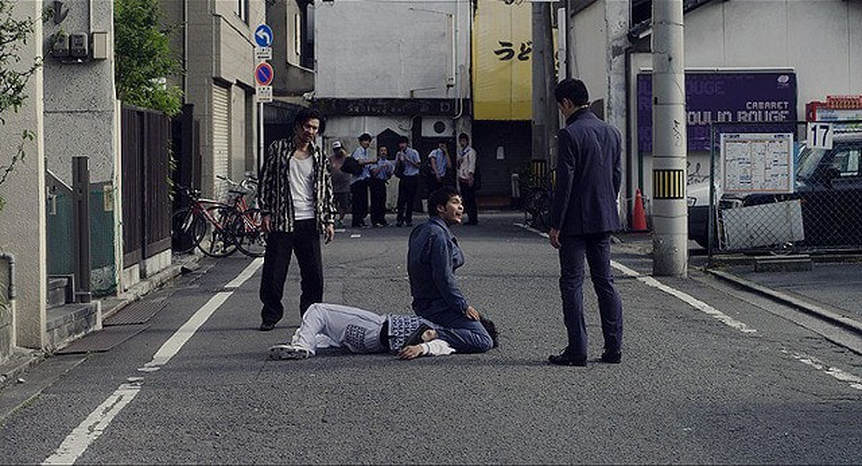
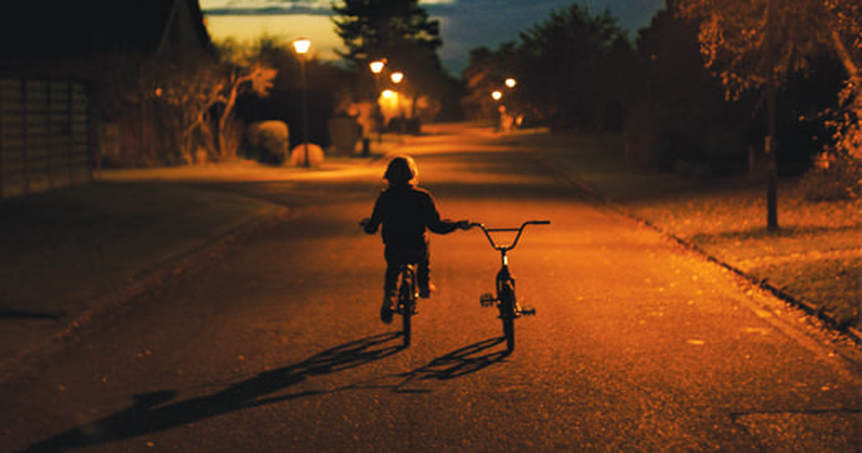

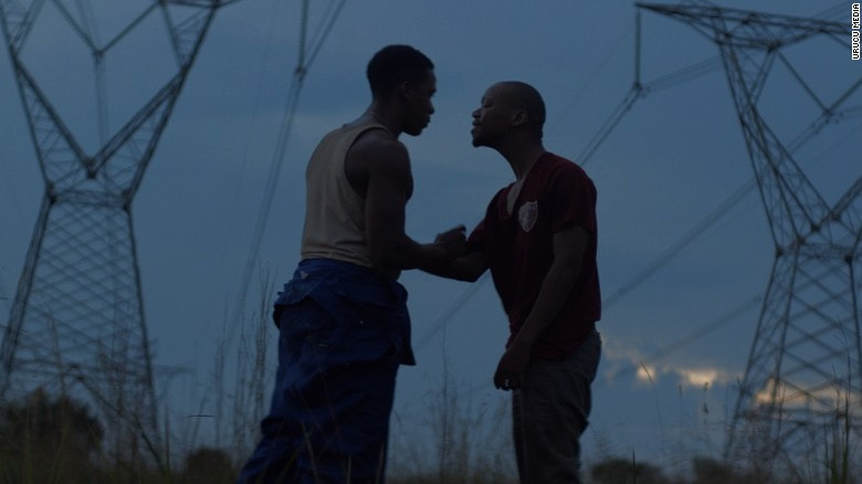
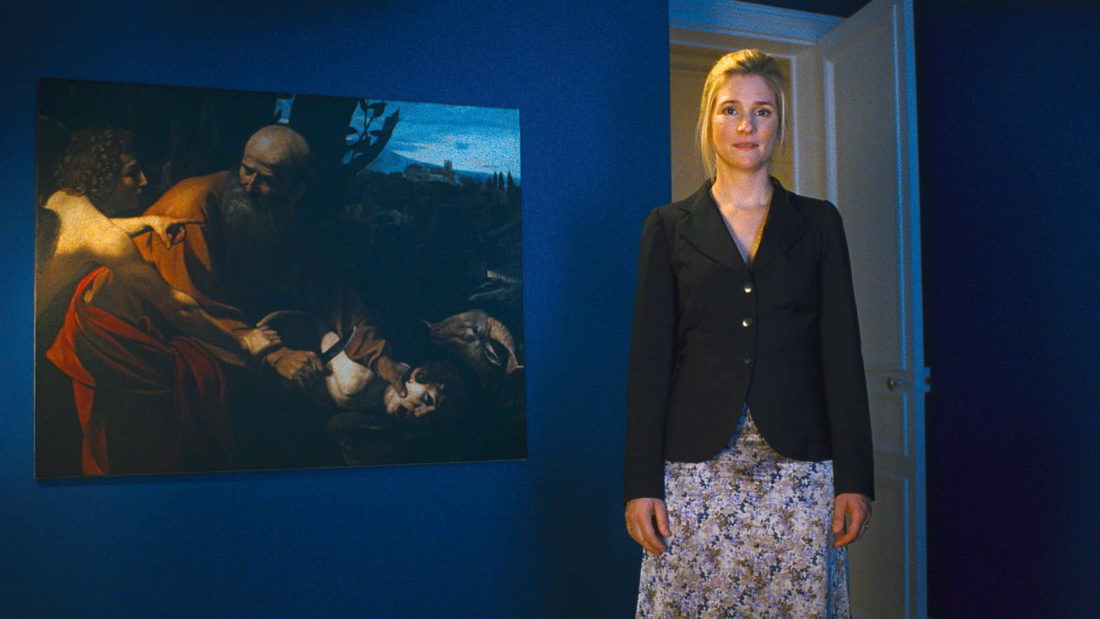

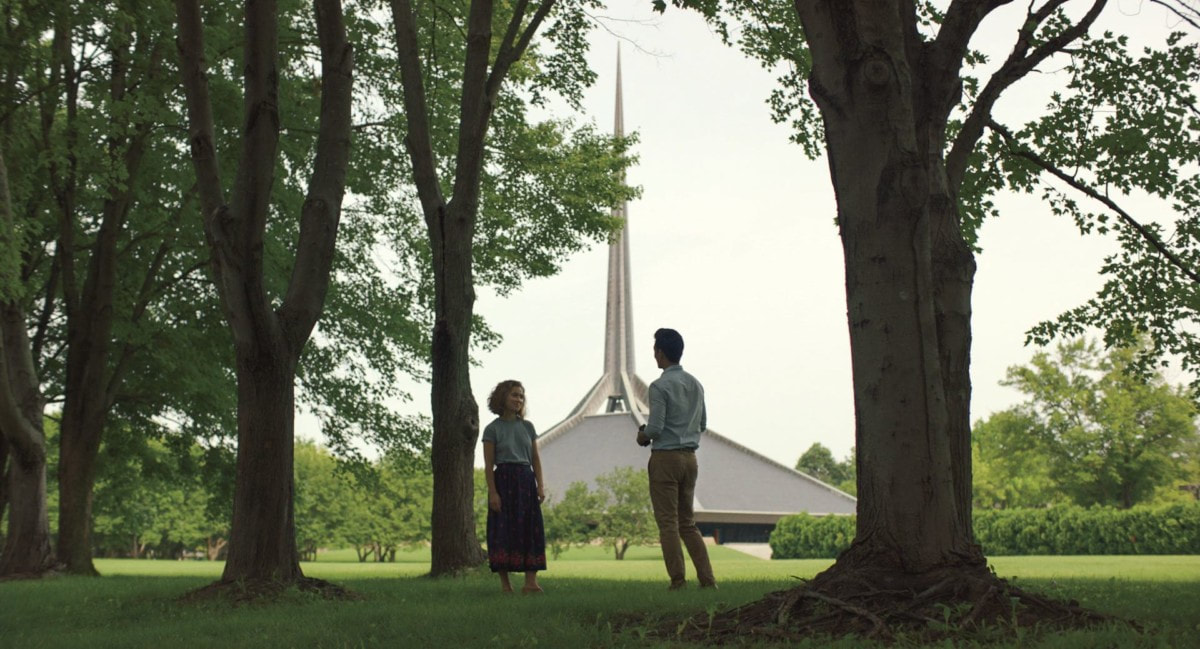

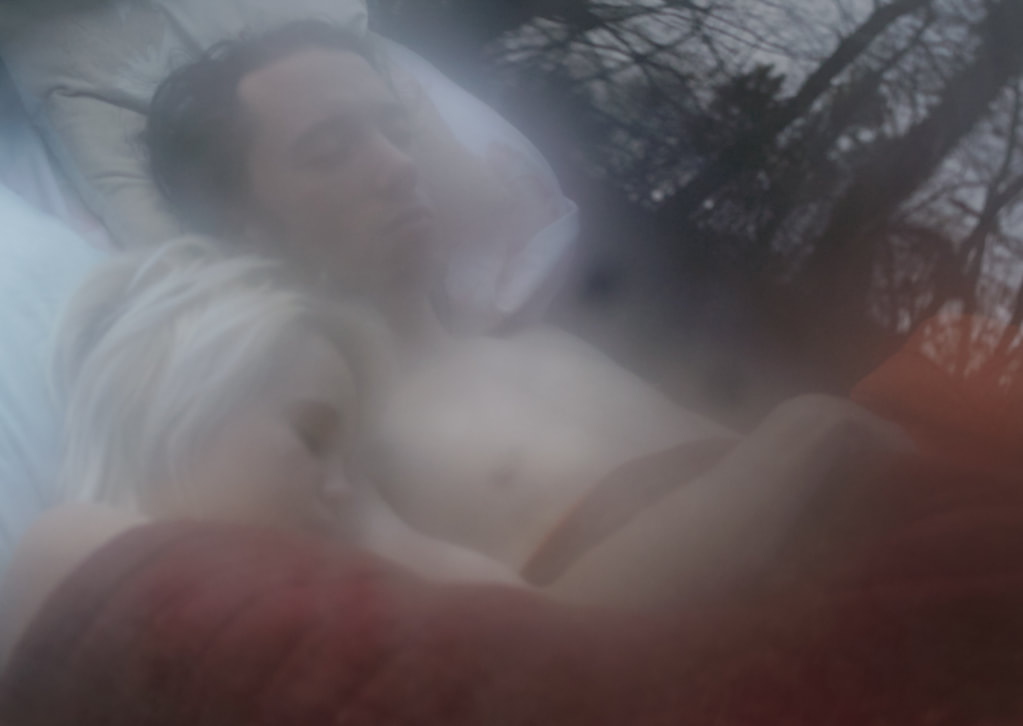
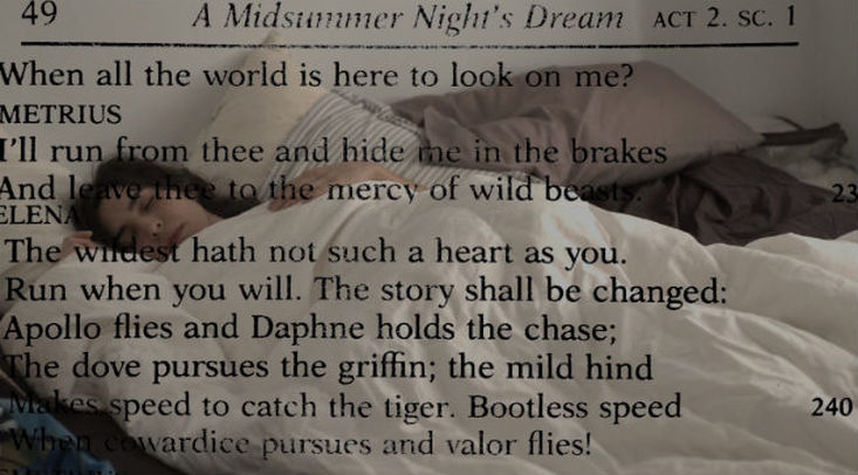
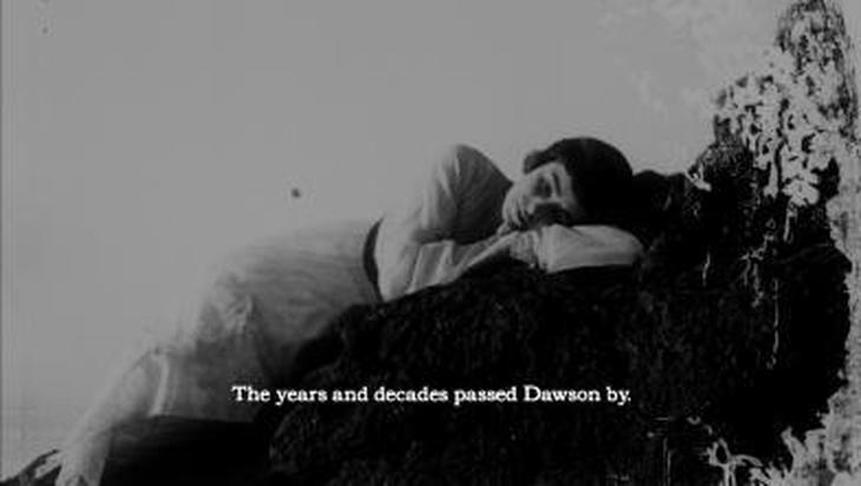
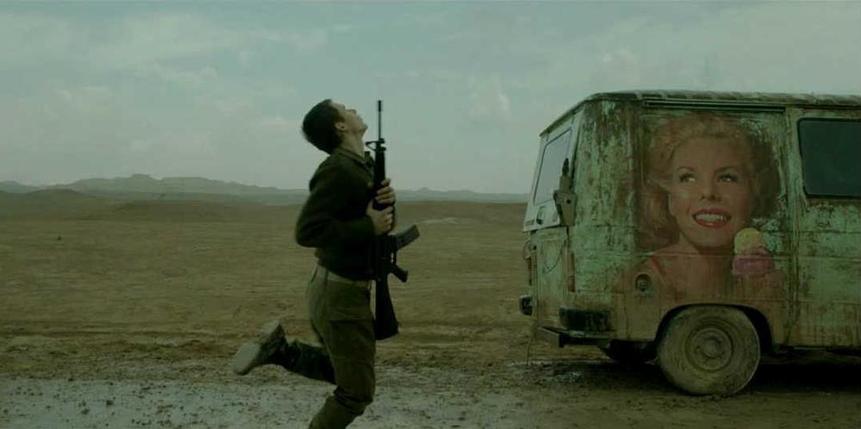
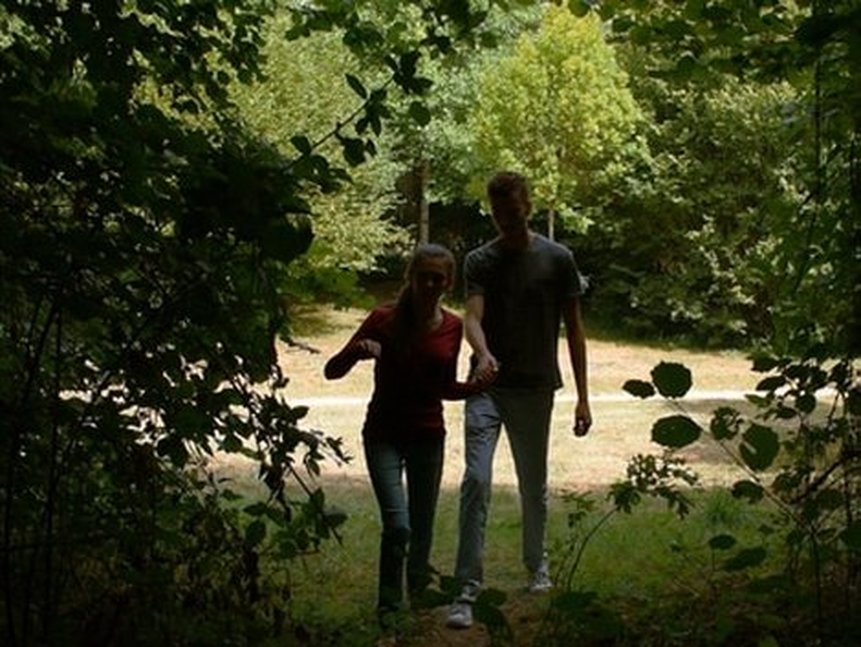
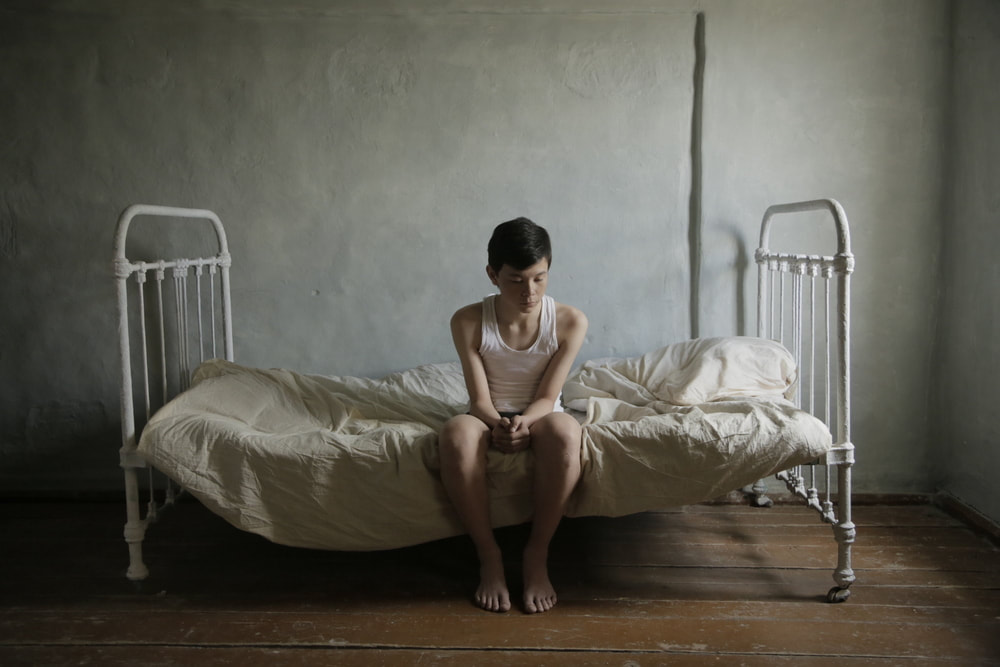


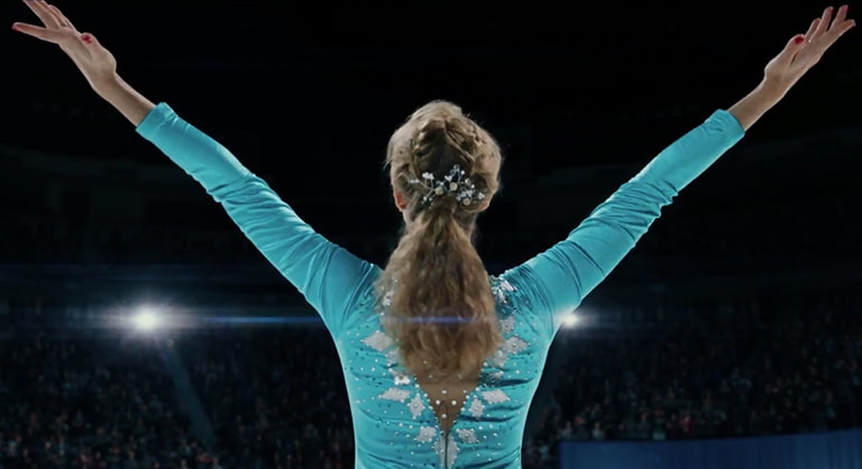


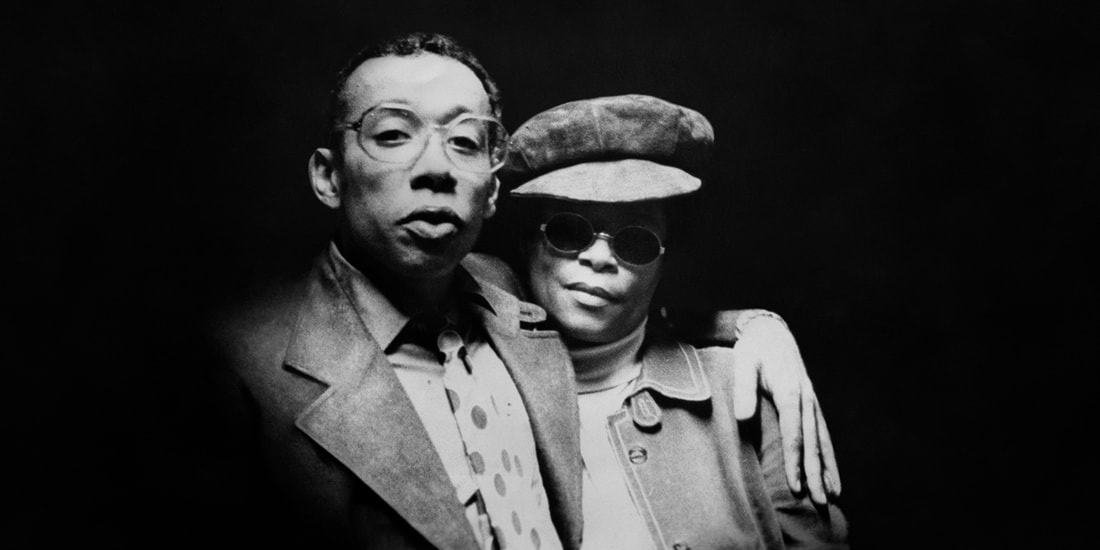
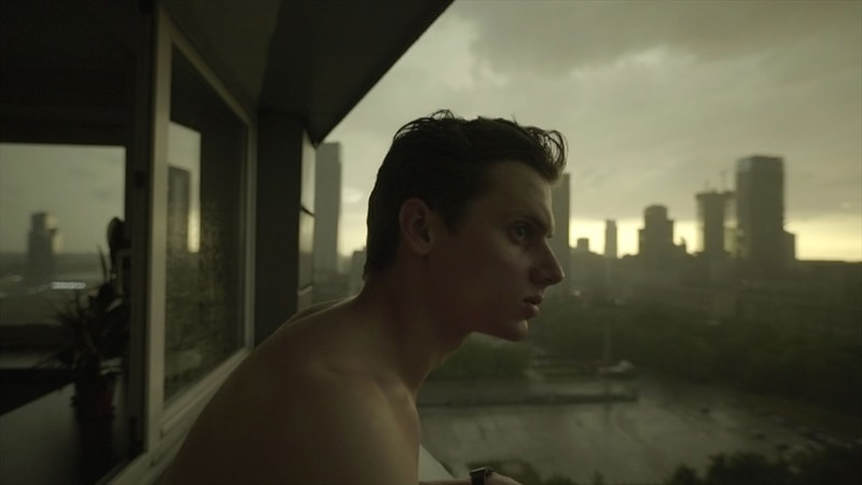
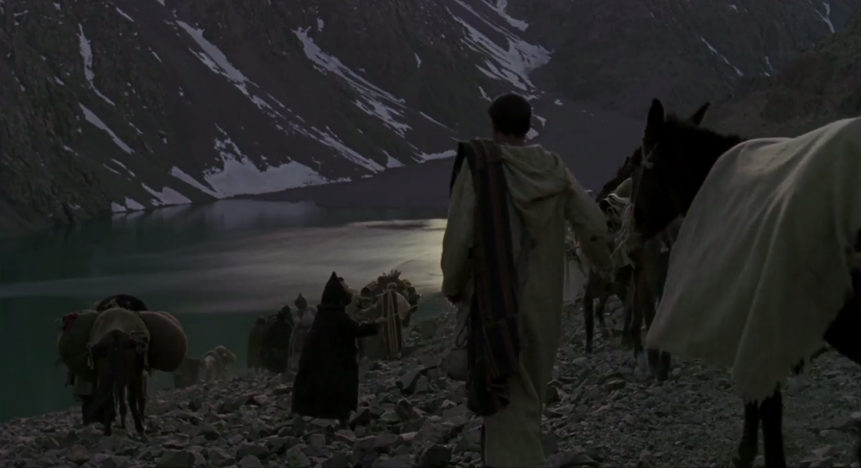
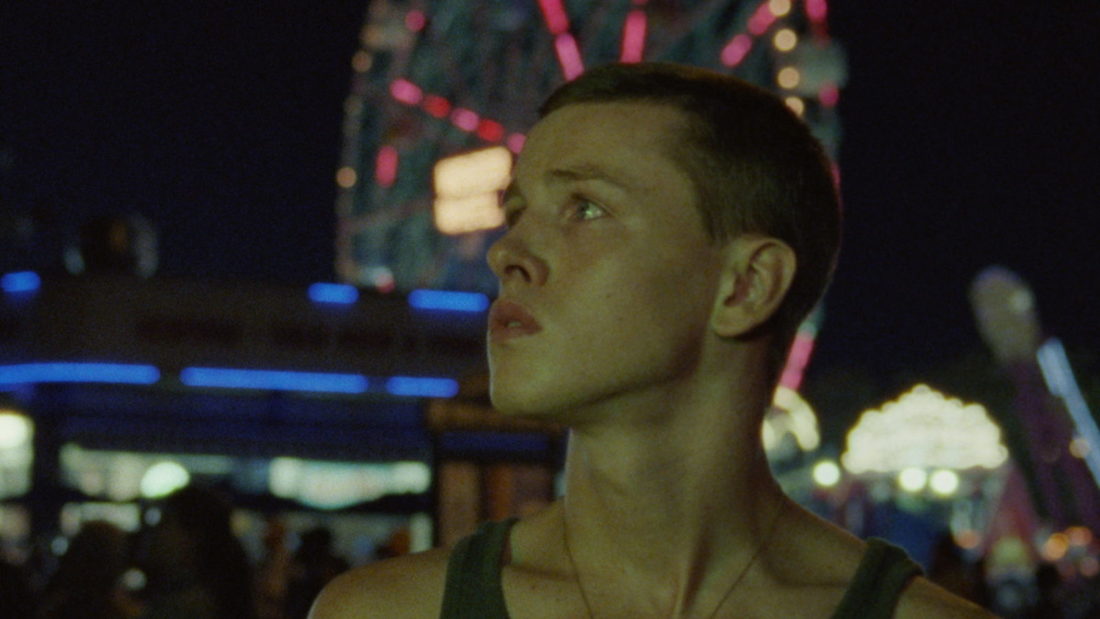
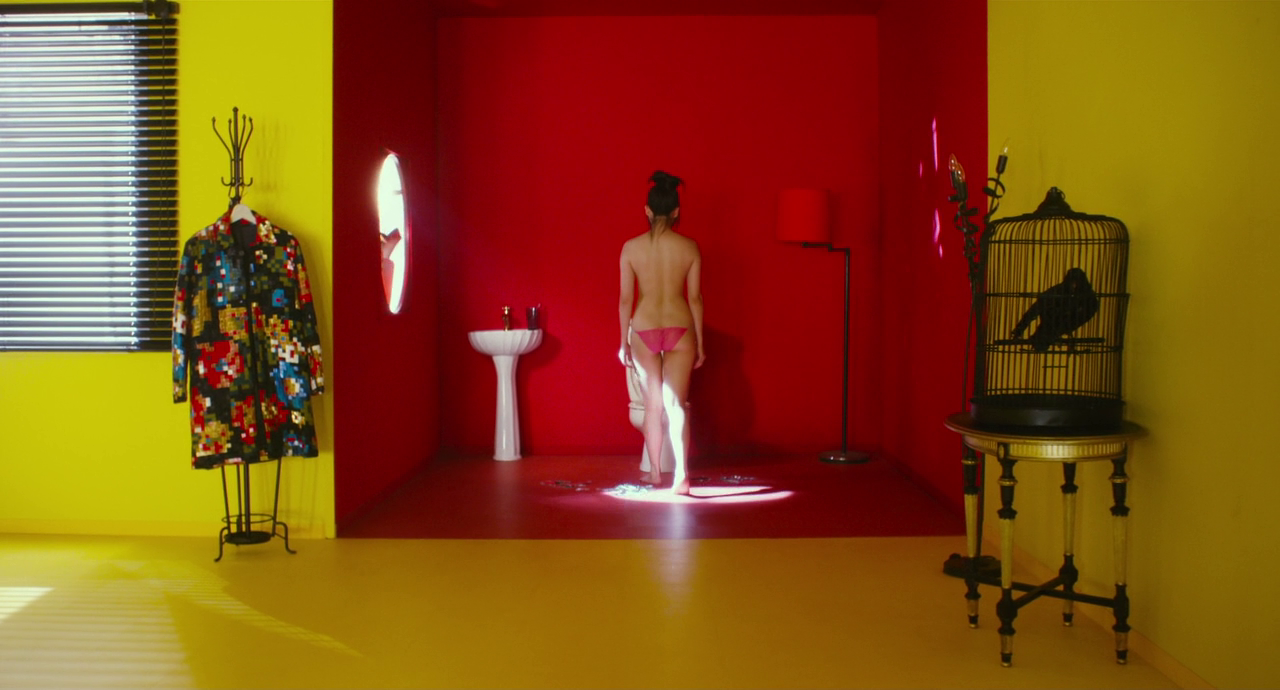
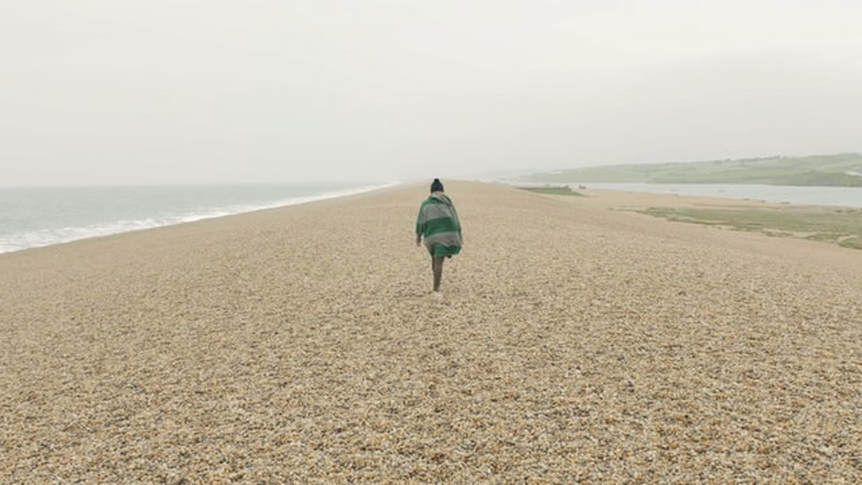

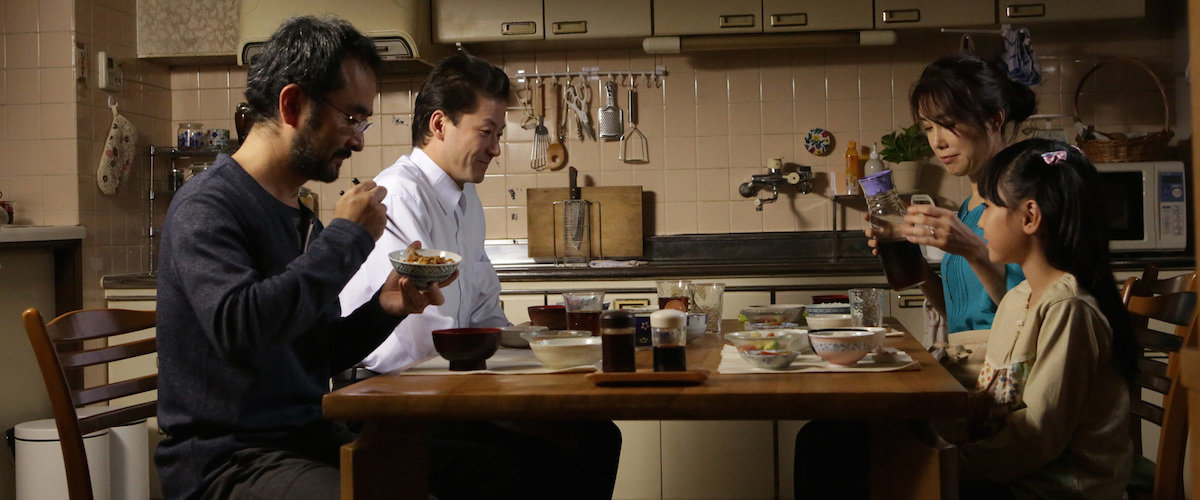
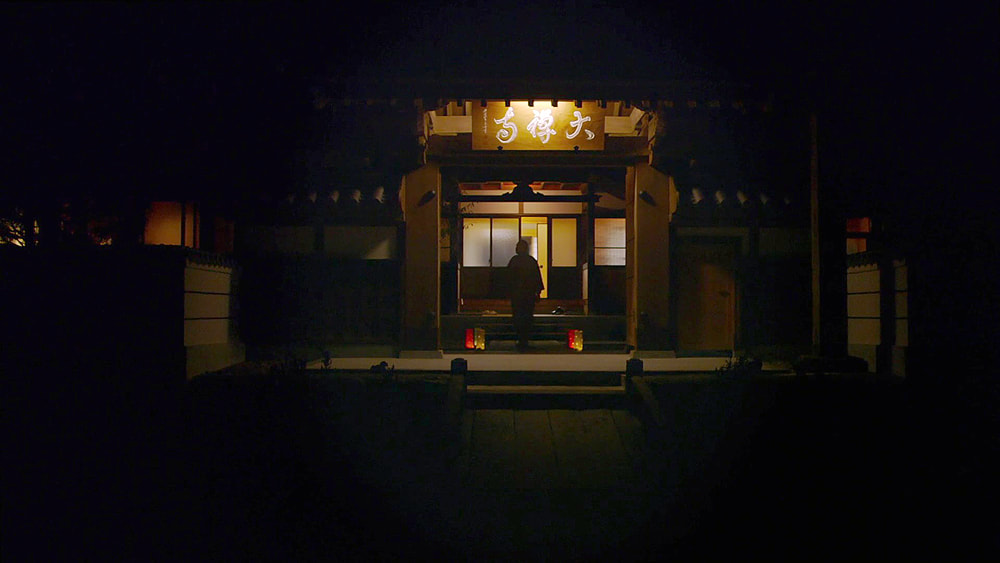
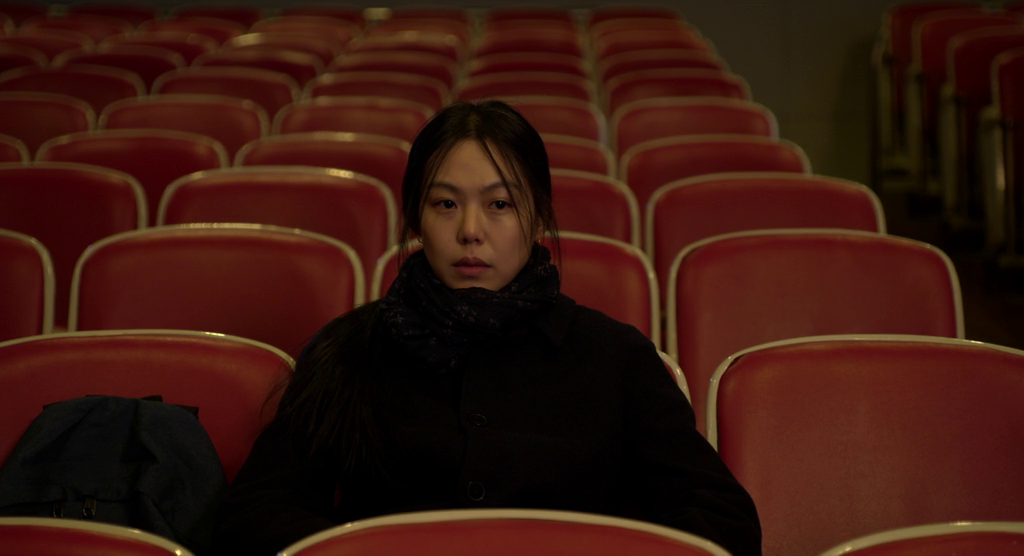
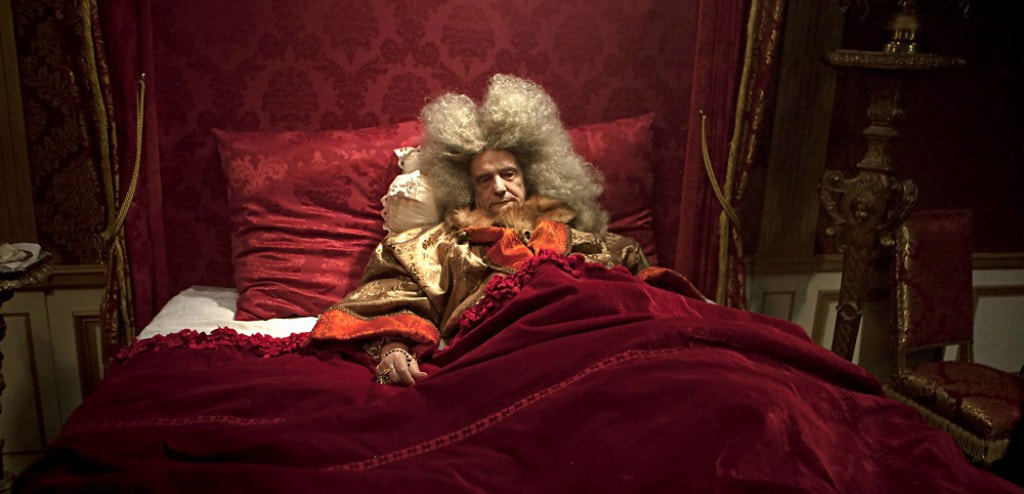
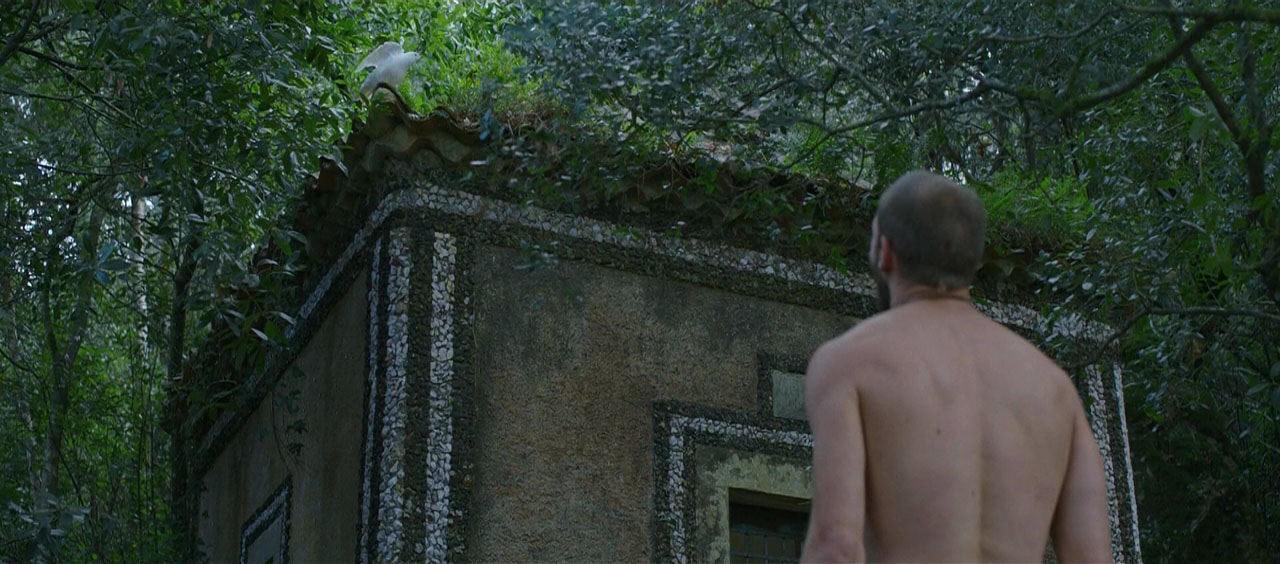

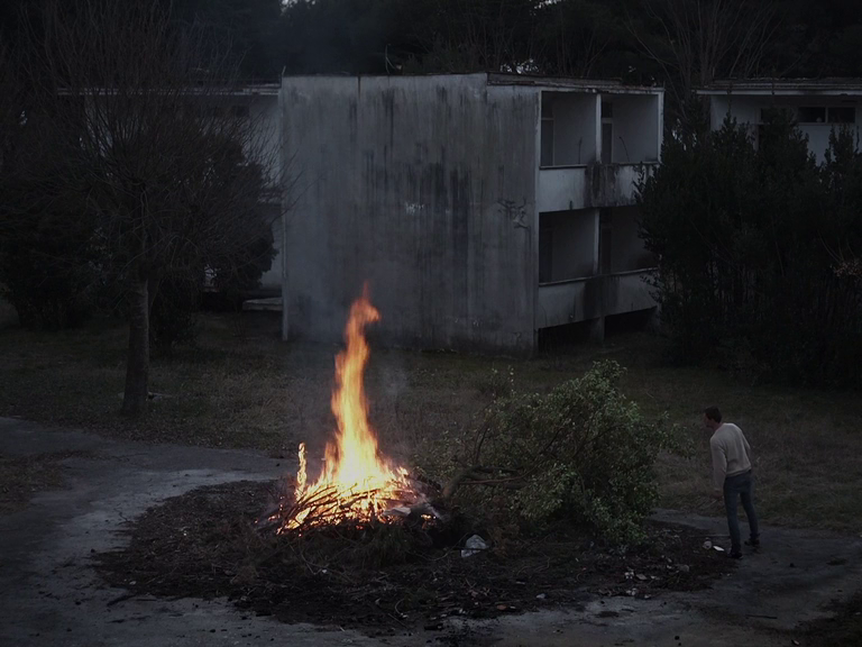


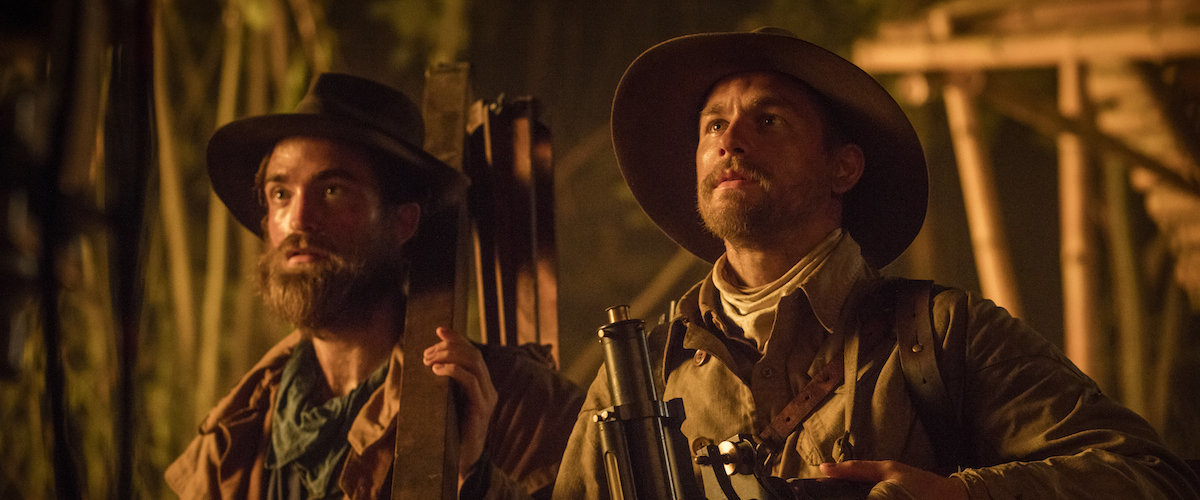
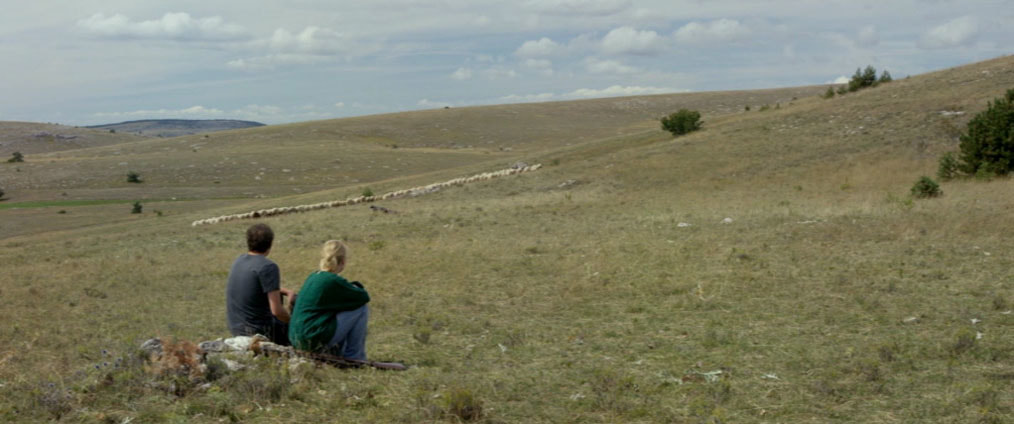


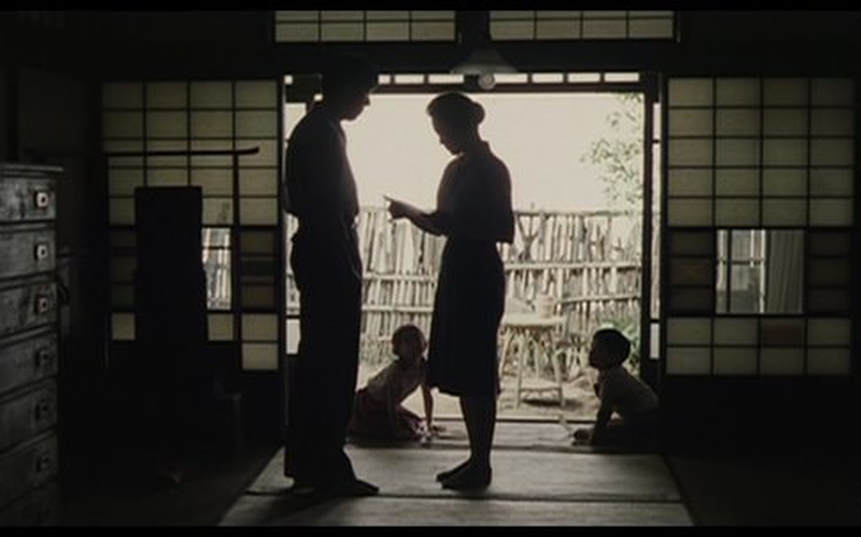
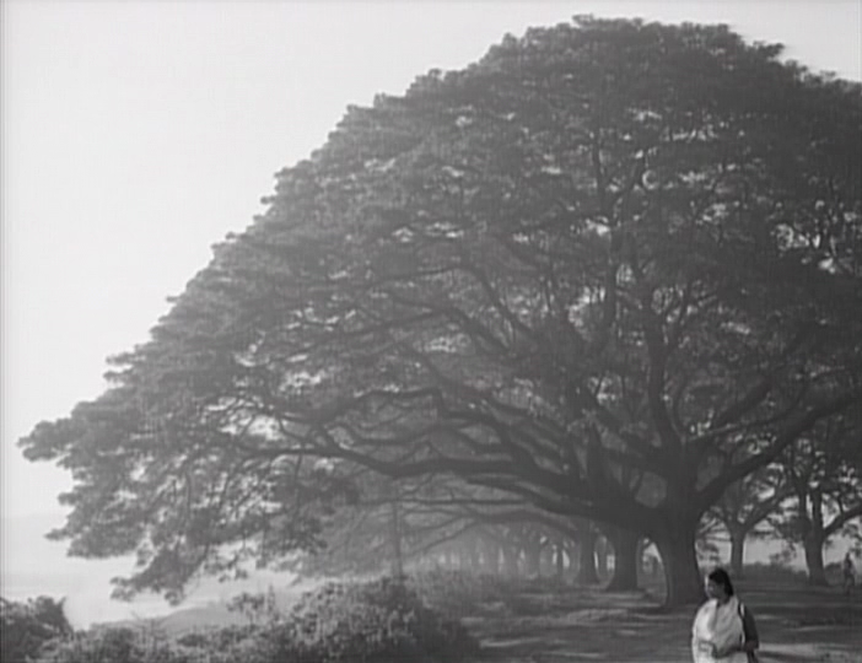
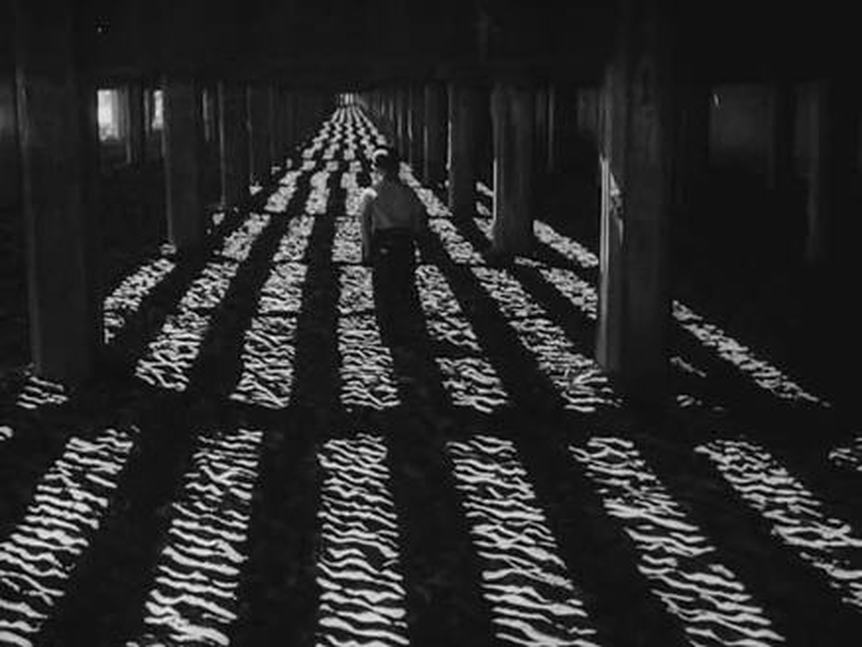

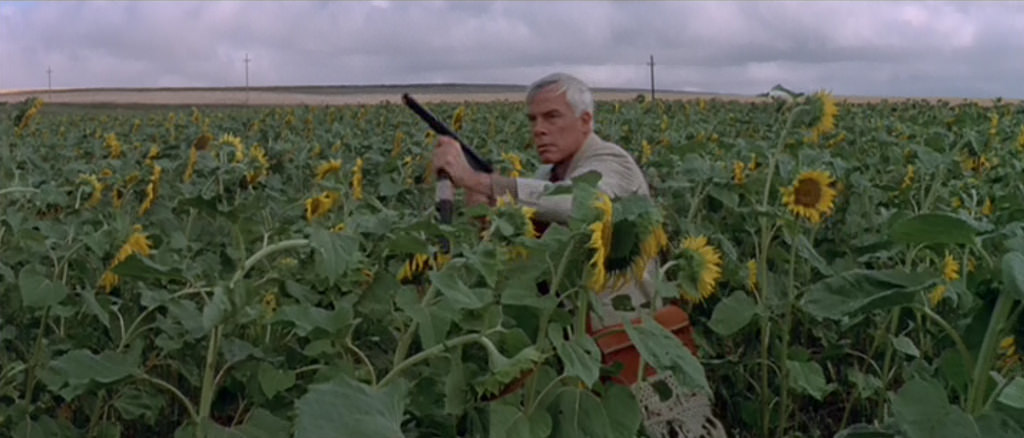
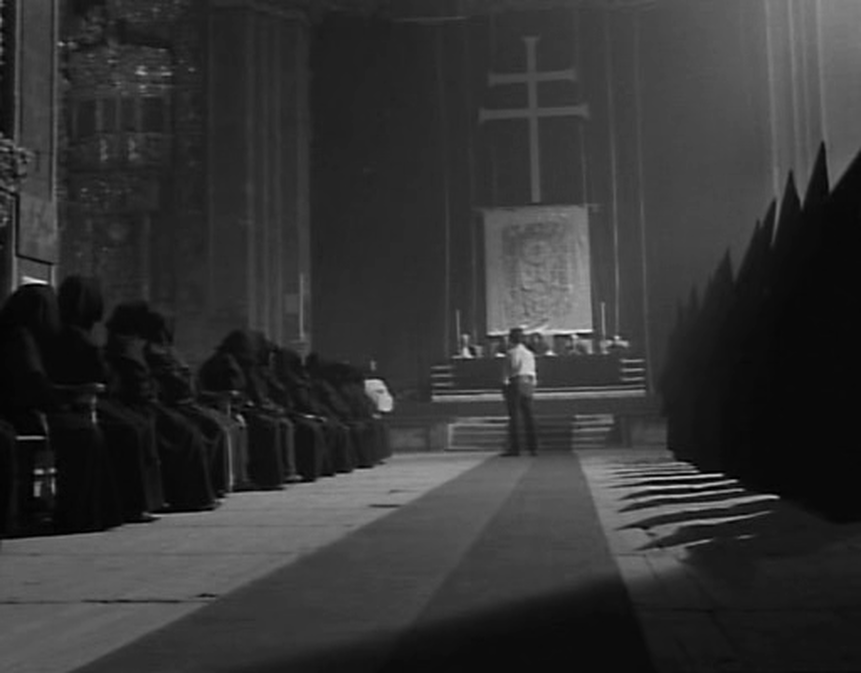
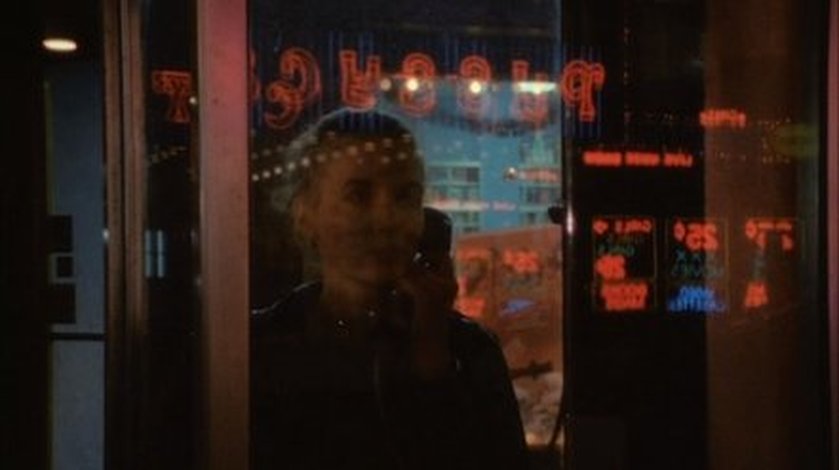

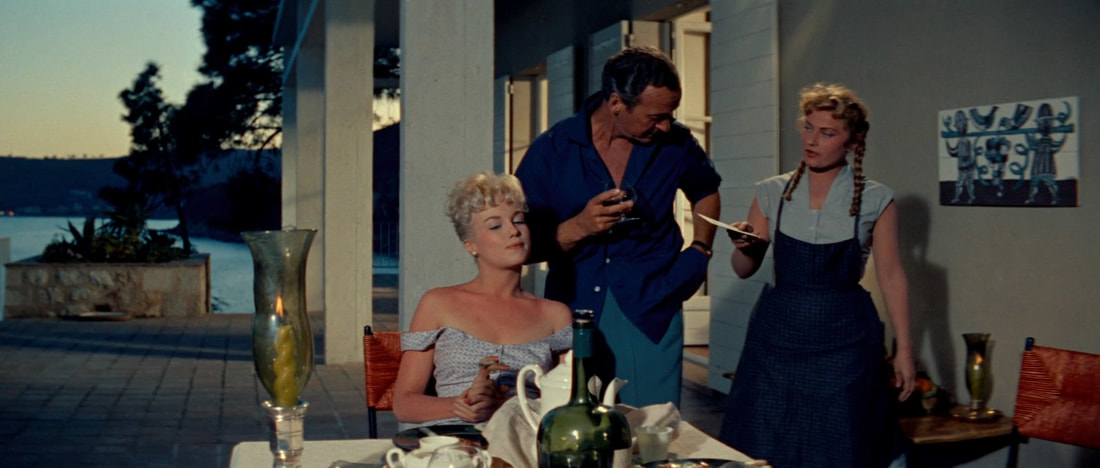

 RSS Feed
RSS Feed
